Tesla’s Optimus: Could they take over the world?
On October 10th last month, Tesla launched Optimus, their general-purpose robotic humanoid under development whom Musk referred to as a “robot that can do anything.”
Optimus took the world by fear. Optimus’ eerie resemblance to the robots featured in the 2004 dystopian sci-fi film I, Robot — you know, the one with Will Smith starring in it — posited a real possibility of a world dominated by human-like androids as a reality in a future nearer than ever. Optimus left the world questioning: Is technology taking over the world?
Is technology taking over the world?
Technology has been the hot topic of debate since the dawn of the 21st century. With the invention of gadgets such as the iPhone, artificial intelligence technology such as the ChatGPT, as well as biomedical engineering technology such as the stem cell technology in development, it is not surprising for us to perceive technology as pervasive in the society we live in today. Technology is becoming more and more automated and self-operated, all whilst us humans are becoming more and more reliant on technology. It seems as though technology would soon be out of our control, taking over our lives.
Today, I’d like you to consider another outlook on this matter. Rest assured that technology won’t take over you any time soon, because anthropological evidence states otherwise.
An Anthropological Perspective on Technology
We discuss technology as if it just began yesterday, but in actuality our relationship with technology goes way back before iPhones were invented, the Internet was created, and before COVID-19 vaccines were distributed.
In anthropology, technology and their implications on our society has been a hot topic of debate since the 1950s. “Transhumanism” is the term we use to describe this. Transhumanism refers to the ideology of human transcendence beyond their current physical and mental capacities using technological means. In pursuit of transhumanism, humans have been inventing and innovating, making technological advancements for millenia. It’s not something that started only today.

Think vaccines for example. Perhaps the vaccines that first come to mind are the COVID-19 vaccines or stem cell technology that is currently under development. We were wowed by these vaccines and the potential it brought about to increase the human lifespan and secure longevity of the human race. Did you know that one of the earliest vaccines was invented in the early 20th century? Insulin is a vaccine that was invented in the 1920s as a treatment for diabetes using cows and pigs. Perhaps you don’t consider this technology because it isn’t exactly “man-made” and made using natural resources instead. On the other hand, considering transhumanism as the ideology that stands behind technological advancements, insulin did indeed provide a means for humans to surpass their physical limits.
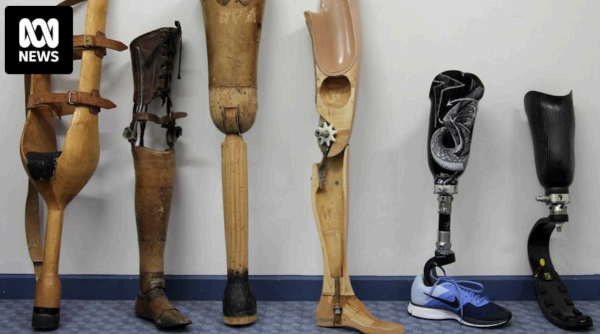
Now consider prosthetics. Prosthetics refers to an artificial leg or arm that is used to replace the missing body part. As you can see in the above picture, prosthetics have drastically evolved over time. The most recent ones are extremely technologically advanced: some of them could be connected to the person’s nervous system so they’re able to have a full sensation and control of their missing body parts. In contrast, the most historical ones merely involved tying the prosthetics to the remaining part of the leg or arm. It probably wasn’t the best sensation. Therefore, technology in the past may well perhaps differ in quality from those of today. Yet, technology in the past is, by definition, still considered as technology. Prosthetics have not changed in its most fundamental function. Prosthetics have always been and continue to be developed in an effort to extend the human physical capabilities, for people with disabilities to be just as able as they were before.
Perhaps the point I am trying to make here is that technology carries a definition that isn’t particularly often perceived as such. Sure, the prosthetic leg on the farthest left isn’t as cool as the one of the farthest right. But what I’d like you to consider is that they may well both be technology. Ask yourself: what is technology, to begin with?
Technology won’t take over the world — at the very least, not any time soon.
Is technology taking over the world? Anthropology says no. Even “as technology advances,” and “as modernization takes place,” people are still working 9 to 5 jobs despite the invention of spreadsheets; going to school despite all the information they have access to on the Internet; and working on the farm despite the work done by tractors. Based on anthropological evidence, it is highly unlikely (at least for now) that technology would take over the world.
To offer my own interpretation, I believe this may be because although technology may have advanced, perhaps humans haven’t fully registered the meaning of technology. Perhaps humans haven’t asked themselves enough: what is technology? What is it about technology that makes me frightened or excited? What is my relationship with technology? Only then can we truly begin to make educated judgments about the role of technology in society today and benefit from it.
Sources:
- https://en.wikipedia.org/wiki/Optimus_(robot)
- https://ew.com/i-robot-director-alex-proyas-calls-out-elon-musk-for-tesla-bo t-design-8727772
- https://qz.com/elon-musk-tesla-optimus-robots-outnumber-humans-1851683997
- https://www.channelnewsasia.com/commentary/tesla-elon-musk-optimus-robot-humanoid-home-4699706
- https://www.anthroencyclopedia.com/entry/transhumanism
- https://link.springer.com/article/10.1134/S1019331622120073
- https://www.niddk.nih.gov/health-information/diabetes/overview/insulin-medicines-treatments
- https://www.abc.net.au/news/2016-04-21/how-war-amputees-drove-the-prosthetics-industry/7342626


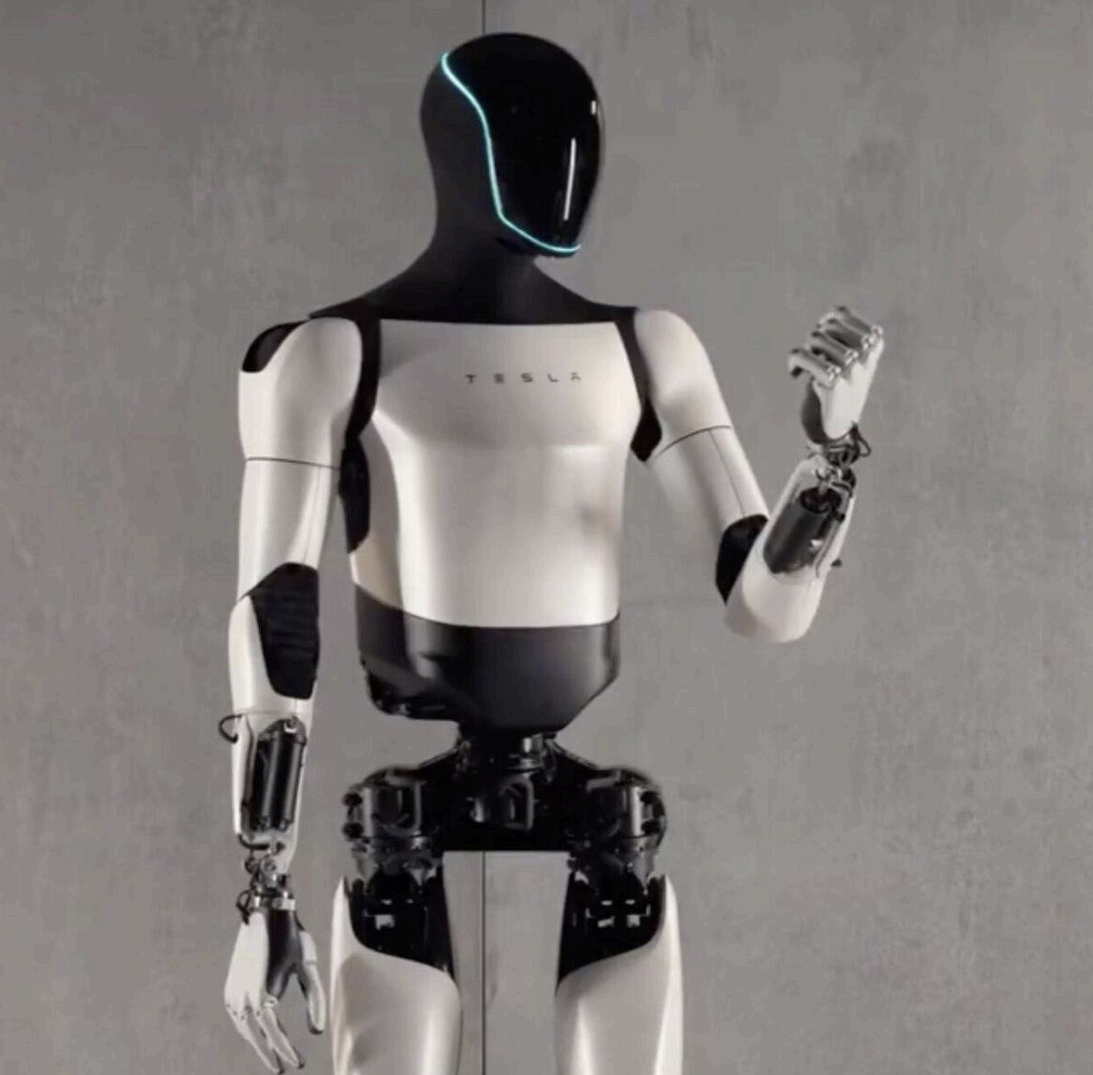




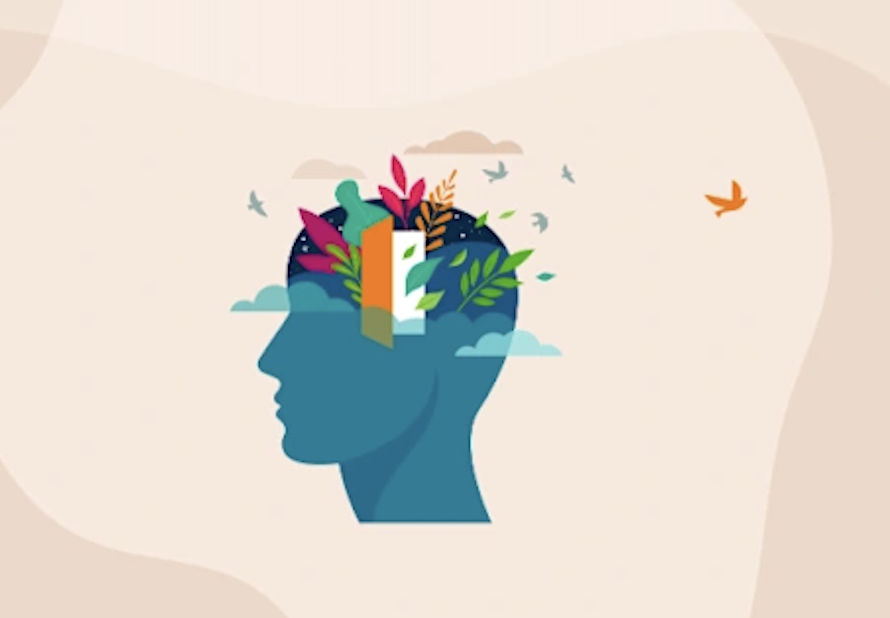

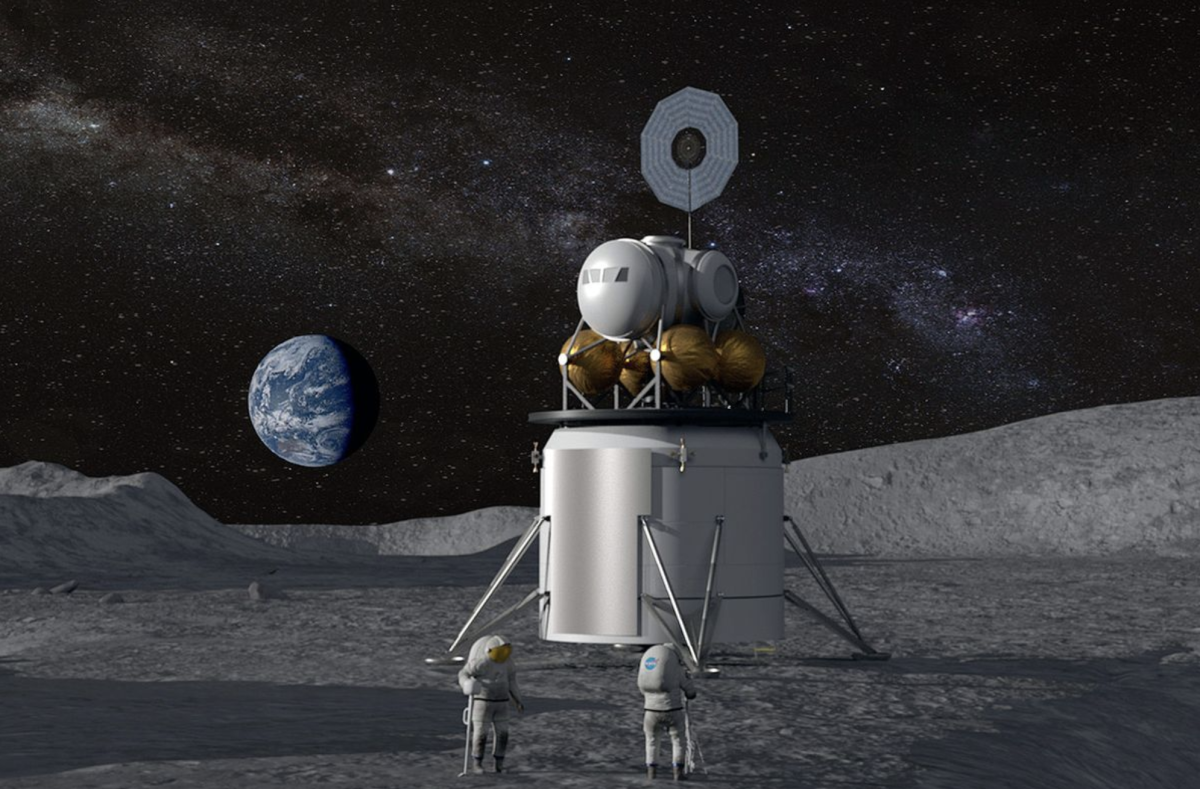

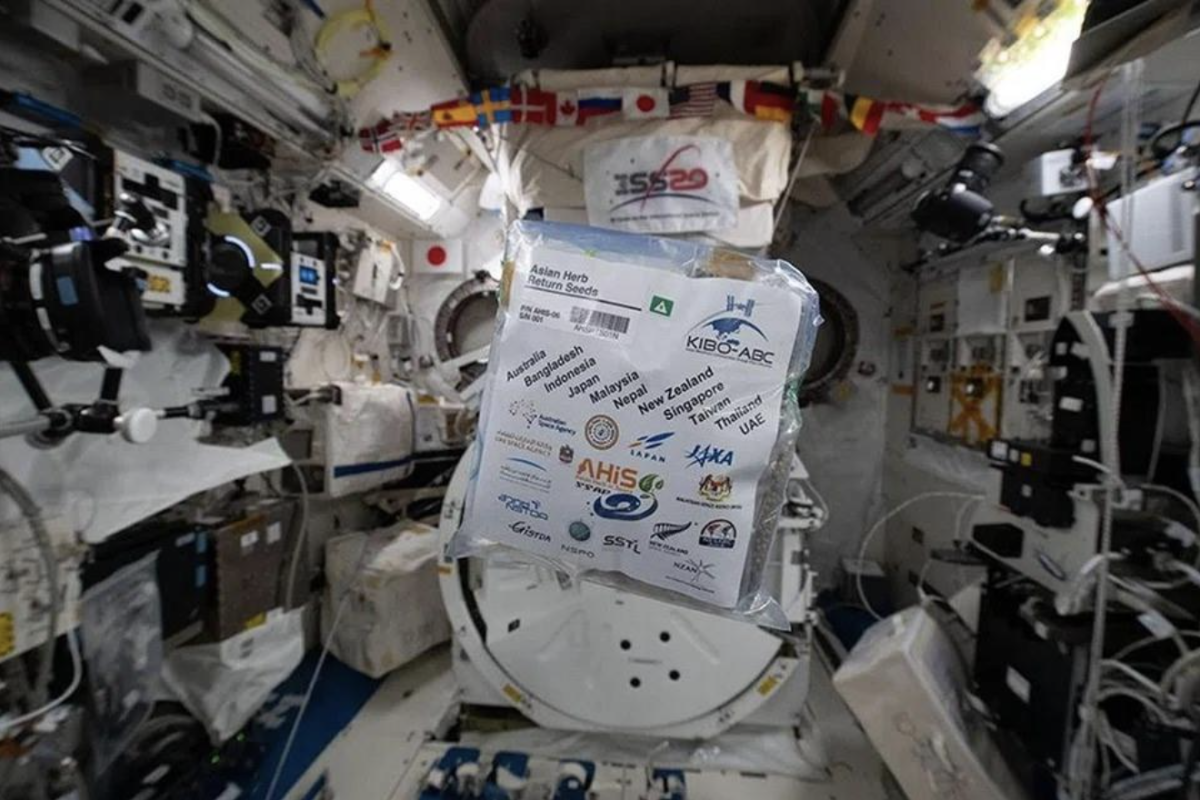




Sophie Kolkrt • Dec 2, 2024 at 11:09 pm
Great article Koko! Been thinking of this for a while, it was super interesting to read about it !